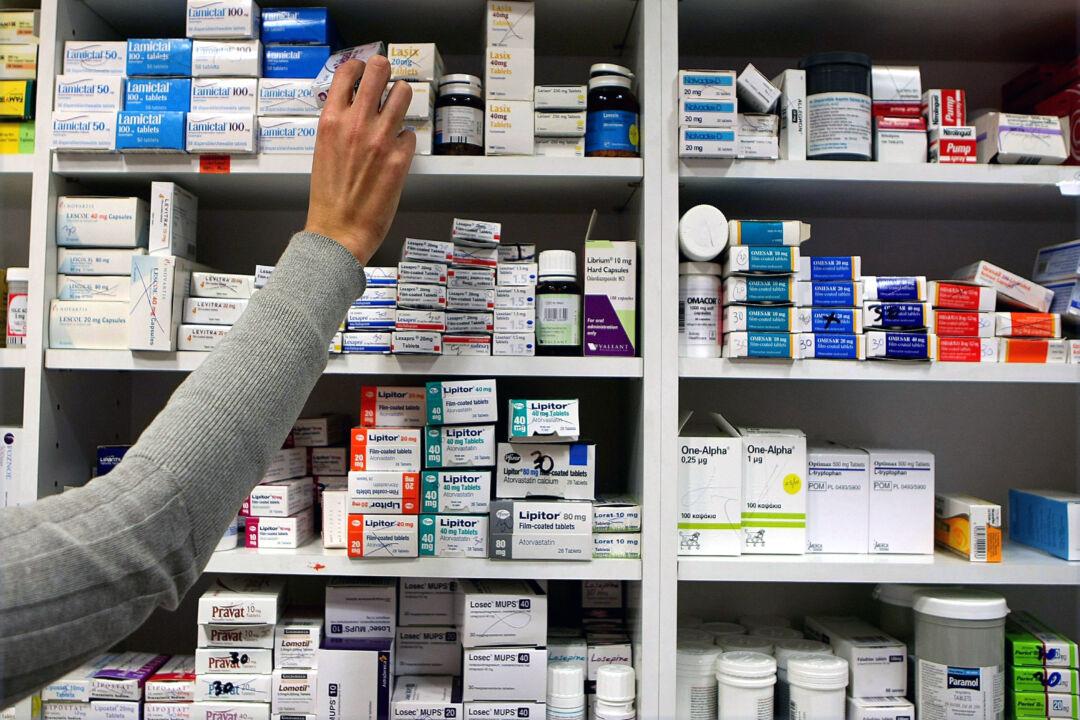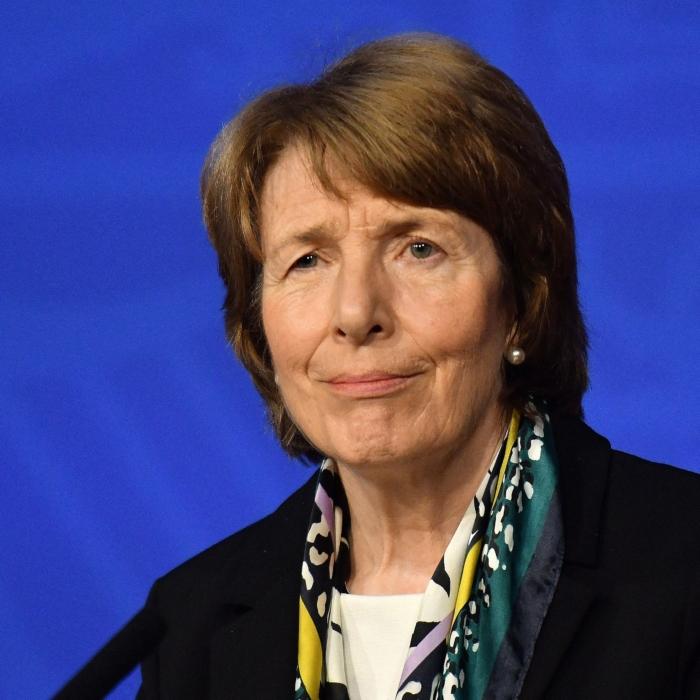Taking NHS funding away from existing services to pay for expensive new drugs could be harming the health of the nation, a study has suggested.
The cost of some innovative new medicines “do not always justify the benefits they offer,” researchers from the London School of Economics (LSE) warned.
However, NHS spending watchdog the National Institute for Health and Care Excellence (NICE) said that its role is “vital” in helping to prevent a “postcode lottery” in patient access and potentially higher costs.
More Lost Than Gained
The analysis found new medicines led to 3.75 million additional years of full health, costing £75 billion. A billion in UK statistics is a thousand million, meaning that each additional year of full health costs £20,000.The LSE researchers suggest that redirecting that £75 billion in funding to existing services could have generated 5 million years of full health to others.
They concluded that while new drugs “could have benefited patients who received them,“ this access “came at a considerable cost for others who might have missed out on potential health gains due to necessary disinvestment or underinvestment in other forms of care to fund these newly recommended drugs.”
Lead author Huseyin Naci, associate professor of health policy at the LSE, said: “New drugs can be a lifeline for patients who have significant unmet clinical needs.
“However, innovative drugs are expensive, and their costs do not always justify the benefits they offer.”
The LSE team suggested that NICE’s cost-effectiveness threshold should be lowered.
NICE advises its committees to consider new drugs as offering value for money to the NHS if they cost less than £20,000 to £30,000 per additional year of full health gained.
Naci said that it may “no longer be justifiable to have a NICE threshold that doesn’t reflect the amount the NHS needs to spend to generate health.”
Cancer and Immunology Emphasis
Amitava Banerjee, a professor of clinical data science at UCL with a background as a cardiologist, said in a statement that the “rigorous and comprehensive” analysis done by the LSE team showed that there has been an emphasis nationally on evaluating and funding new cancer treatments quickly, with 45 percent of the 339 new drug appraisals in the 20-year period being for cancer, and 21 percent being for immunology.He said that drug innovation and the evaluation of new drugs is not reflecting “the population disease burden” in concentrating heavily on cancer and immunology treatments rather than on other kinds of drugs which might benefit a greater number of people.
“For example, of the 339 new drug appraisals, only 8 percent were on vascular disease, whereas ischaemic heart disease, stroke and other cardiovascular diseases were some of the highest-ranking causes of mortality and morbidity during the study period,” he said.
Daniel Howdon, a health economist at the University of Leeds, said in a statement: “This paper quantifies that the estimated net health loss in England from such decision-making from 2000 to 2020 has been to harm population health by 1,350,000 years of good quality life (estimated in quality-adjusted years, QALYs),“ adding that this was probably a ”conservative” estimate.
Howden added that stories in the media about the push to approve new drugs were generally about those who could benefit from them, but there is rarely any mention of those who might suffer as a result of there being less funding available for other services.

‘Do No Harm’
He continued, “Just as medical professionals are mandated to do no harm to the patient in the room in front of them, we might see one valid ethical and practical mandate on policy and decision-makers of this type to do no harm to population health. Unfortunately, this paper suggests that this harm over a 20-year period in England has been substantial.”She said that it was not simply a matter of the cost of the new treatment having to be in the range of £20,000 to £30,000, because the cost of the current available care had to be taken into consideration as well, and that the threshold for some new treatments is set far lower.
“In cost-effectiveness analysis, we compare a new medicine’s costs and health benefits (QALYs) against existing NHS treatments. A medicine’s yearly treatment costs can be much higher than £30,000 per person and still be considered cost effective because we focus on the difference in costs between the new medicine and the current standard of care.”
She said that in practice, the impact of NICE recommendations on other NHS services “will vary and depends on many factors.”
Bouvy added, “The discussion around cost-effectiveness thresholds will undoubtedly continue, but what remains constant is our commitment to rigorous evaluation and transparent decision-making in the service of patients, the NHS and taxpayers.”
Commercial clinical trials are fully funded by the pharmaceutical companies developing new treatments, and regulated by the Health Research Authority, an arms-length body of the Department for Health and Social Care (DHSC).
Clinical Trials Regulation Change
New legislation was this week laid in Parliament to speed up the process of gaining approval for clinical trials to take place on the NHS to within 60 days in what is the MHRA’s biggest overhaul of the trial regulations in 20 years.The MHRA said in a statement the change will make for a “more efficient, streamlined and adaptable regulatory framework for clinical trials.”
“It will make the UK a more attractive place for innovators to conduct important research and will help to get potentially life-changing new treatments to patients and the NHS as quickly as possible,” the MHRA said, and “aims to reduce unnecessary administrative burdens on trial sponsors without compromising patient safety.”
On Thursday, Raine said the new legislation is “a major milestone for clinical trials regulations” which will “eliminate unnecessary duplication and accelerate approvals.”







